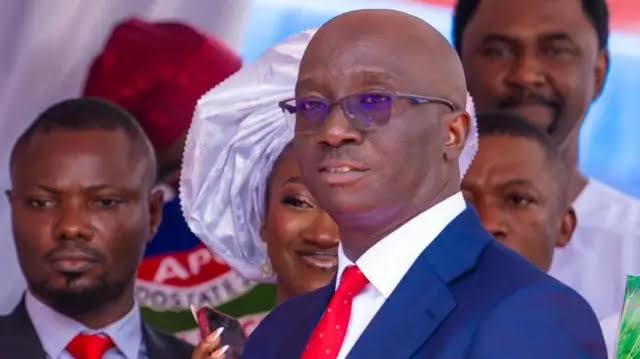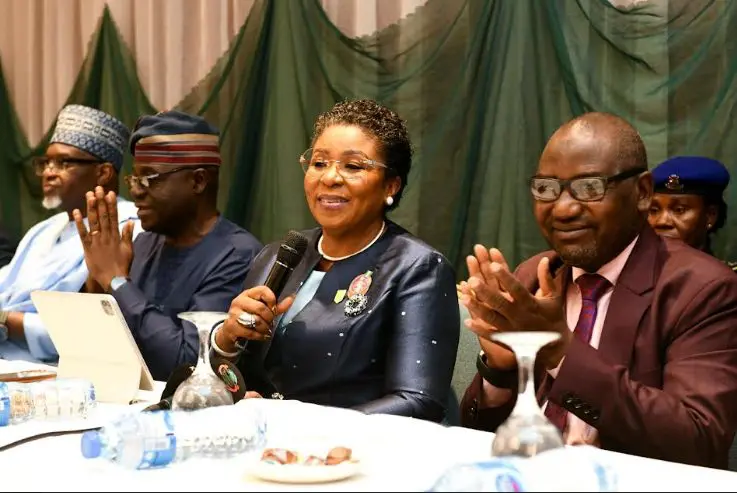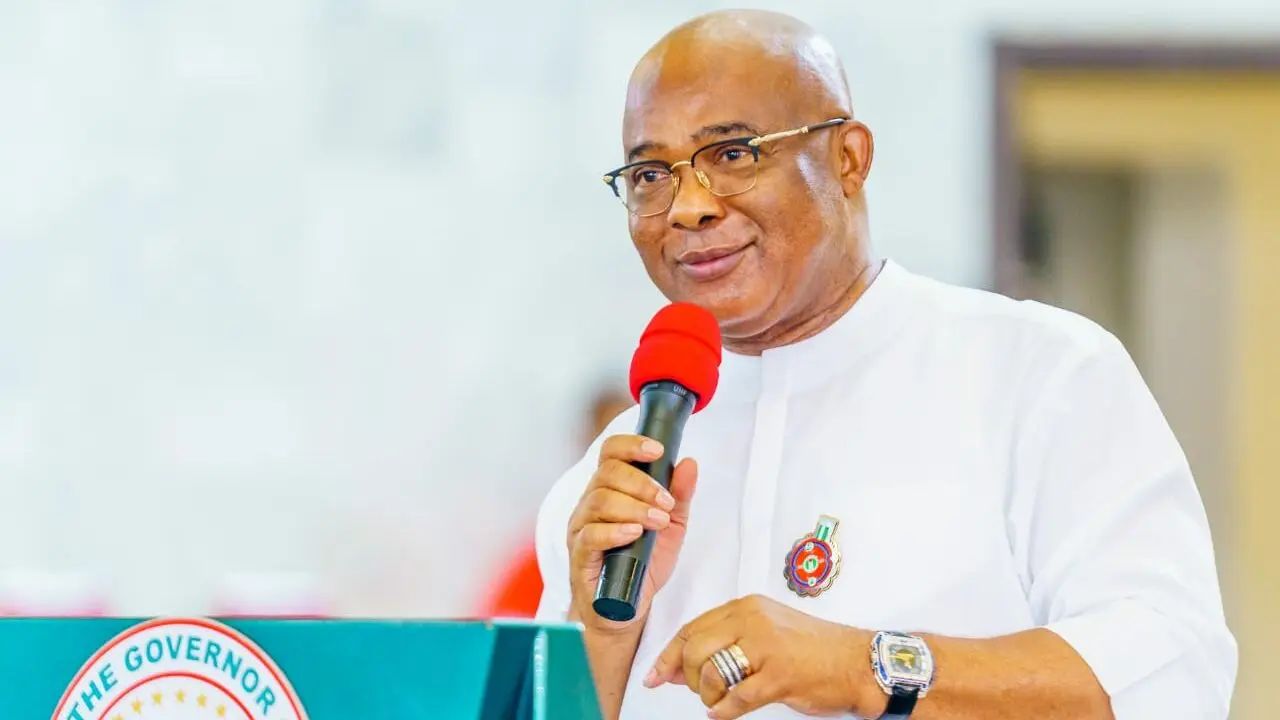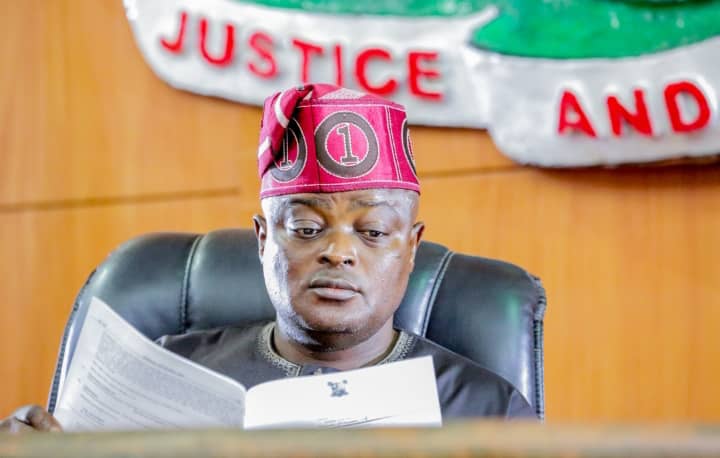The Federal Government has pledged to ensure that the educational curriculum align with skills required by industries to empower young people and make them active participants in the economic growth and development of the country.
Minister of Education, Prof. Tahir Mamman, who disclosed this, expressed concern over the issue of skills gap in the country, noting that the introduction of a comprehensive national policy on skills development is a crucial step to equipping youths with necessary skills needed to thrive in the 21st century job market.
Mamman noted that in a rapidly evolving global landscape, the ability to adapt, innovate, and contribute meaningfully to the workforce has become increasingly paramount, hence, the culmination of collective efforts in shaping the policy.
Through the National Policy on Skills Development, Mamman said the government would come up with a new curriculum to bridge the gap between the education system and demands of the labour market.
He said: “I urge you to approach this discussion with a renewed sense of purpose and deep commitment to shaping a future where our youths are empowered to reach their full potential. Your expertise, insights, and collective wisdom will be instrumental in refining and strengthening this policy, ensuring that it serves as a robust framework for skills development across Nigeria,” he said.
The Permanent Secretary, Dr Nasir Sani-Gwarzo, said the policy has the potential to transform the lives of millions of Nigerian youths, both in school and out-of-school, as well as formal and informal sectors.
“The draft policy is a testament to the tireless efforts of the Federal Ministry of Education, United Nations Children’s Fund (UNICEF), and United Nations Educational, Scientific and Cultural Organisation (UNESCO), who have worked together to develop a comprehensive framework that addresses the diverse needs of our learners, from foundational to transferable, digital, and job-specific skills,” he said.

 3 months ago
55
3 months ago
55















 English (US) ·
English (US) ·